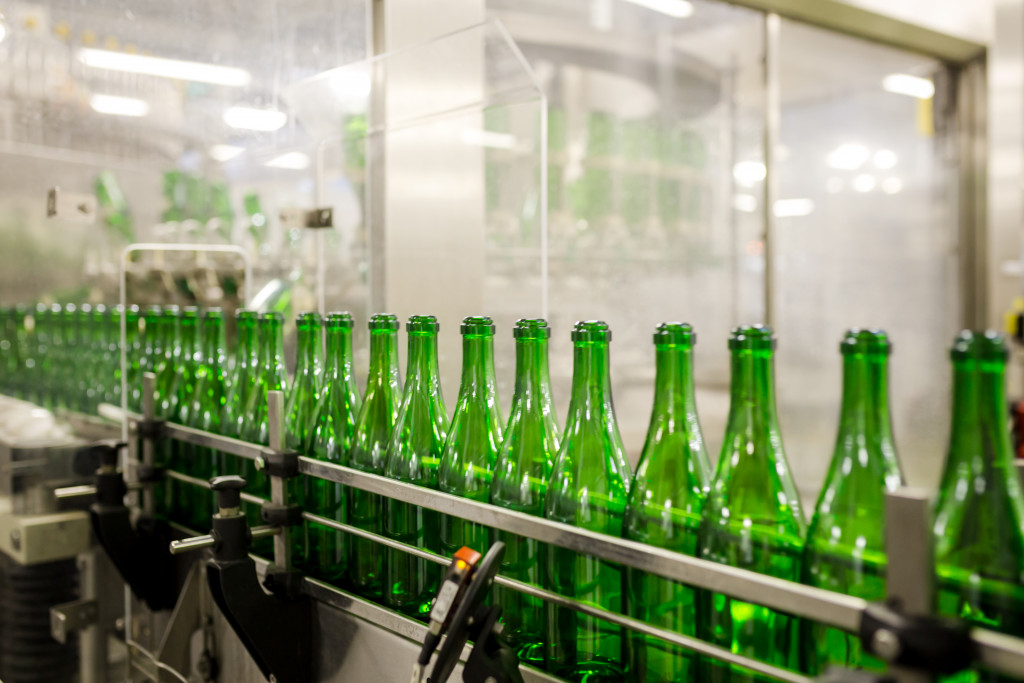Beverages are essential to people for many reasons. They can provide refreshment and hydration in hot weather, and they can also help to warm people up in cold weather. In addition, people can enjoy beverages for their flavor and sweetness. Finally, many people enjoy drinks because they contain caffeine or other stimulants that help them to stay alert.
There are many different types of beverages, and all of them have the potential to be profitable opportunities for aspiring entrepreneurs. Carbonated soft drinks, sports drinks, energy drinks, coffee, tea, and bottled water are all popular beverage categories with much room for growth. There are also opportunities to create new types of beverages that don’t yet exist in the marketplace.
The key to success in the beverage industry is to find a beverage that appeals to consumers and provides them with some benefits. Drinks that are healthy, refreshing, or energizing tend to be the most popular. Entrepreneurs should also focus on creating a high-quality products using fresh ingredients. However, approaching the manufacturing process will be more than complicated. Here are a few things to consider before starting a business in the beverage industry.
Contamination Hazards
Beverage manufacturing businesses must focus on preventing contamination from happening. Contamination can occur in various ways and can be dangerous for consumers. Bacteria, mold, and other contaminants can cause illness, so it is essential to take steps to prevent them from entering the manufacturing process.
One way to prevent contamination is to ensure that all equipment is clean and sanitized. The list includes the machines used to make the beverages and the containers used to store liquid. Employees must also be careful to avoid contaminating the products with their hands or with dirty clothing.
It is also essential to have a rigorous testing process in place. It involves testing the final product for bacteria, mold, and other contaminants. This step helps ensure that the beverages are safe for consumers. Fortunately, you can find guides to help you create a contamination-free establishment.
Temperature Control

Another essential aspect of manufacturing beverages is temperature control. Companies must keep liquids at a specific temperature to prevent spoilage. For example, milk must be cold to prevent bacteria from growing. They must also store carbonated beverages at a cool temperature to avoid carbonation from escaping.
It is essential to have a plan to control the facility’s temperature and the products. The right equipment, such as coolers and refrigerators, must be used. In addition, companies must know how to store and handle the consequences properly.
However, refrigerators might not have enough storage space, making it necessary to build extra space. Temperature-controlled storage units can store products until they are ready to be shipped.
Shelf Life
Another consideration for entrepreneurs is the shelf life of their products. Shelf life is the time a product can be stored before it expires.
Many factors affect shelf life, such as the type of beverage, the ingredients used, and how the product gets packaged. For example, some drinks need to get consumed within a few days of being manufactured, while others can last for months or even years. The packaging also plays an essential role in preserving the quality of the beverage and extending its shelf life.
Quantity Control
Quantity control is essential for businesses that manufacture beverages. Maintaining the correct quantity of ingredients is necessary to produce a consistent product. In addition, controlling the number of components helps to keep costs down.
Businesses must also be careful not to produce too much or too little of a beverage. Creating too much can lead to spoilage and wasted ingredients, while making too little can result in lost sales and customers.
Packaging will also play a role in quantity control. The suitable packaging can help preserve the quality of the product and extend its shelf life. It is essential to have a plan to control the number of ingredients used in the manufacturing process.
However, it might be another step you do not have the resources for when starting a beverage manufacturing company. Fortunately, you can partner with a company that provides a net quantity control system. This company can help you develop a plan to control the number of ingredients used in your manufacturing process, ensuring you comply with net content policies.
Certifications
There are various certifications that beverage manufacturers can obtain. The most common ones are ISO 9001 and HACCP. These certifications show that a company follows international quality and safety standards.
Obtaining these certifications can be expensive and time-consuming. However, they can help businesses win contracts with large retailers and distributors. In addition, they can improve customer confidence in the products.
Conclusion
Starting a beverage manufacturing company can be a challenging but rewarding task. There are several things to consider, such as food safety, shelf life, and quantity control. In addition, businesses must obtain the necessary certifications. However, following these tips, entrepreneurs can set their companies up for success.



